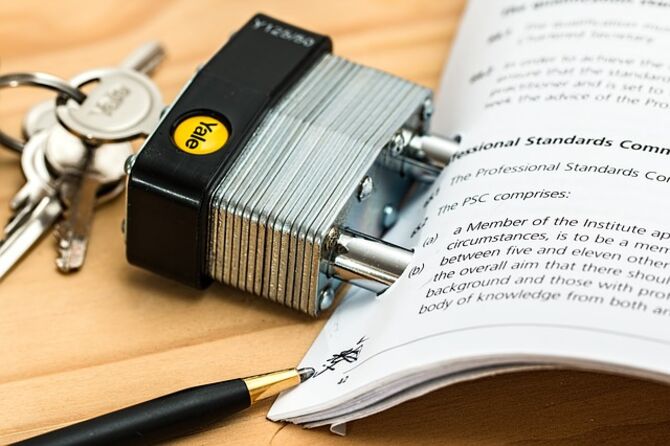Common ground appears as Brexit negotiations begin
Donald Tusk has accepted the UK’s six-page letter invoking Article 50 of the Lisbon Treaty. With it begins 18-months of negotiation, uncertainty, and finally, clarity, over the future direction of the UK’s relationship with the EU on trade and citizens’ and expats’ rights.

Brexit negotiations roadmap
The EU has already made it clear that the key aim will be to preserve the integrity of the EU as a stable entity for its citizens and that there can be no “cherry-picking" from the UK so it is better off outside of the bloc.Michel Barnier, a former French foreign minister and the European Commission’s chief negotiator, has reportedly split the negotiations into three areas: disentangling past ties and commitment; setting goals for future relations; and arranging transition to avoid unnecessary disruption.Read more from Relocate on Britain's exit from the European Union:
UK gets a £5 billion boost from Qatar ahead of Brexit
Plunge in number of EU citizens seeking work in Britain
The Brexit dividend – a boost for global cities?
The overall aim is to reduce uncertainty for the EU’s citizens and preserving the stability of the EU, with the fate of British and EU citizens among the first issues up for discussion. Earlier this month, Paul Verhofstadt, chief negotiator for the European Parliament, which could veto any agreement by the European Commission, said this was an absolute priority.Mr Barnier, in a warning to Theresa May not to walk away from negotiations and deliver the UK a hard Brexit, restated that a free-trade deal could not be negotiated until these three areas have been agreed.UK chancellor Philip Hammond also acknowledged yesterday the EU leaders’ message that the UK won’t be able to pick and choose, saying “we can’t have our cake and eat it.”In a conciliatory message that matched the wry and regretful tone of Donald Tusk as he accepted Mrs May’s letter, Mr Hammond told BBC Radio 4’s Today programme, “We are very clear what we are seeking to do is negotiate a deep and special relationship with the EU.”
The fate of the nations
Among the many thorny issues negotiators on both sides will have to confront is the history and sensitivities behind Northern Ireland’s border with the Republic of Ireland and the Good Friday agreement. With both Scotland and Northern Ireland voting remain in the referendum, the stakes are high on all sides.Today, UK Brexit Secretary David Davis has given details to party leaders in Stormont of the government’s negotiating priorities for Northern Ireland. Echoing Theresa May’s suggestion there could be further devolution, Mr Davis also restates Mrs May’s commitment that there can be no return to the hard borders of the past - a commitment echoed both by the EU and EC negotiators.For more news and analysis on Brexit and the impact on enterprise and global mobility, see the upcoming spring issue of Relocate magazine. Reserve your copy here.
Access hundreds of global services and suppliers in our Online Directory
Get access to our free Global Mobility Toolkit

©2024 Re:locate magazine, published by Profile Locations, Spray Hill, Hastings Road, Lamberhurst, Kent TN3 8JB. All rights reserved. This publication (or any part thereof) may not be reproduced in any form without the prior written permission of Profile Locations. Profile Locations accepts no liability for the accuracy of the contents or any opinions expressed herein.
































